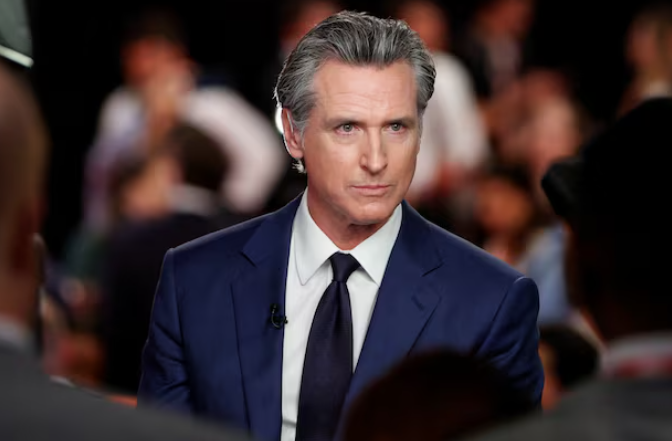California Governor Gavin Newsom signed two bills into law on Tuesday that protect actors and performers from unauthorized use of their digital replicas in audio and visual productions.
WHY IT’S IMPORTANT
AI has influenced the entertainment industry for decades, but recent advances in generative AI—such as robots creating music as digital pop stars—have sparked debate. Performers worry that AI will lead to widespread theft of their likenesses, and many experts have raised legal and ethical concerns.
KEY QUOTES
One of the bills Newsom signed requires contracts to detail the use of AI-generated digital replicas of a performer’s voice or likeness. Additionally, the performer must have professional representation during contract negotiations.
The other bill prohibits the commercial use of digital replicas of deceased performers in films, TV shows, video games, audiobooks, and sound recordings without obtaining consent from the performers’ estates.
CONTEXT
AI’s rise has also generated other concerns, such as the potential disruption of the democratic process, increased fraud, and job loss. President Joe Biden’s administration has urged lawmakers to regulate AI, but a divided Congress—Republicans control the House of Representatives and Democrats control the Senate—has struggled to enact effective regulations.
In March, Tennessee Governor Bill Lee signed a bill into law to protect artists, including musicians, from unauthorized use by AI.

